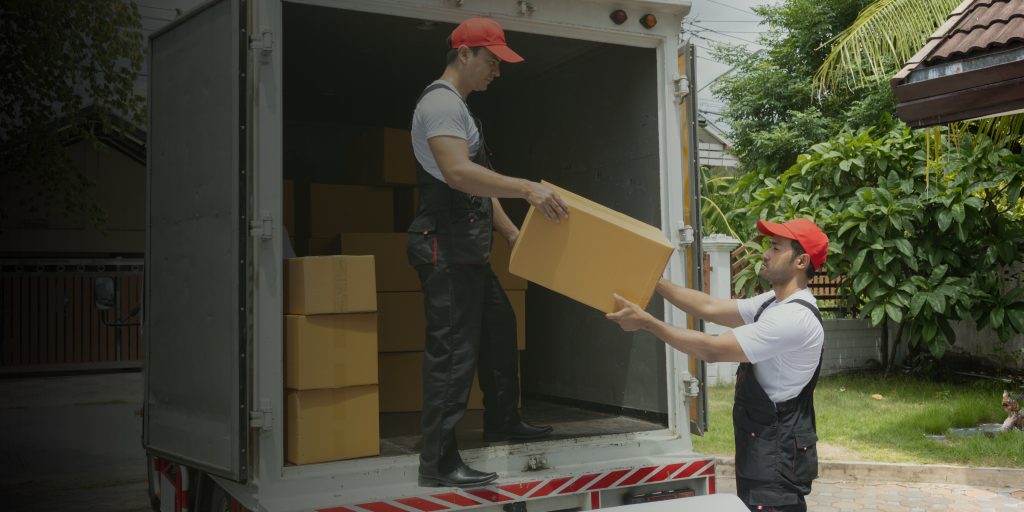
Ultimate Guide to Moving from Michigan to Texas: Essential Tips for a Smooth Relocation

Relocating from Michigan to Texas can be a significant change, but with the proper preparation, the transition smooth and easy. Whether you’re moving for work, family, or simply a new adventure, this guide provides expert tips to help you navigate every step of your move. From finding the right neighborhood to managing the differences in weather and taxes, we’ve got you covered.
1. Begin Your Moving Preparations Early
Moving from Michigan to Texas requires thorough planning, so start preparing well in advance. Having a timeline in place ensures that everything is organized and that you won’t miss any crucial steps.
Key tasks to handle early on:
- Choose a moving date that works for you and your family.
- Research and hire a reliable moving company or rent a truck for your relocation.
- Create a packing list and start organizing your items to avoid last-minute stress.
- Schedule the transfer of your utilities to your new home in Texas.
- Notify the post office to forward your mail to your new address.
2. Prepare for the Texas Heat and Humidity
Texas weather can be a significant change if you’re moving from Michigan. While Michigan experiences four distinct seasons, Texas has hot summers and mild winters. Climate change will affect everything from your wardrobe to your daily routine.
Weather tips to adjust:
- Invest in lightweight, moisture-wicking clothing to stay comfortable in the summer heat.
- Ensure your air conditioning is running efficiently on those hot days.
- Drink plenty of water to stay hydrated, especially during the summer months.
- Be mindful of the humidity in cities like Houston, which can intensify the heat’s impact.
3. Find the Right Neighborhood for Your Family and Lifestyle
Texas offers a variety of cities, each with its unique lifestyle, so choosing the right place to live is crucial. Consider factors like proximity to work, local amenities, and your budget when selecting your new home.
Neighborhood factors to consider:
- Look for areas close to work or family to minimize your commute.
- Research school districts if you have children or plan to in the future.
- Compare housing costs and find a place that fits your budget.
- Explore local amenities, including grocery stores, parks, and healthcare facilities.
- Consider safety, including checking crime rates and the overall community atmosphere.
4. Understand the Culture of Texas
Texas is proud of its distinct culture, and embracing this new lifestyle will make your transition even smoother. Whether it’s the love of sports, music, or food, understanding Texas culture will help you fit in faster.

Cultural tips for newcomers:
- Try Texas BBQ and Tex-Mex, two of the state’s culinary staples.
- Embrace the local love for football and other sports, as Texas has a strong sports culture.
- People in Texas are known for their hospitality, so be ready to meet friendly locals.
- Don’t forget to attend community events, such as rodeos, music festivals, and county fairs.
5. Update Your Driver’s License and Vehicle Registration
One of the first things you need to do when you arrive in Texas is update your driver’s license and vehicle registration. Texas law requires you to do this within a specific timeframe after moving.
Steps to complete your updates:
- Apply for a new Texas driver’s license at the Texas Department of Public Safety (DPS).
- Register your vehicle within 30 days of moving to Texas at the Texas Department of Motor Vehicles (DMV).
- Please ensure you bring the required documents, including proof of identity, proof of Texas residence, and evidence of car insurance.
6. Set Up Utilities and Services Before You Arrive
Setting up utilities in your new Texas home is essential for a smooth move. Texas has deregulated electricity, which means you can choose your electricity provider. Be sure to set everything up before you arrive to avoid any disruptions.
Utility setup tips:
- Set up electricity service with a provider that fits your needs and budget.
- Arrange for water, gas, and waste management services.
- Contact your internet, cable, and phone providers to ensure service begins as soon as you arrive.
- Don’t forget to set up trash collection and recycling services.
7. Budget for Texas Taxes
Texas is known for not having a state income tax, which can be a significant significant advantage for residents. However, the state makes up for this with higher property taxes and a higher sales tax rate.
Tax facts to consider:
- Texas has no state income tax, meaning more take-home pay for you.
- Property taxes in Texas can be higher than in Michigan, so make sure to budget for this.
- The sales tax in Texas is about 6.25%, with additional local taxes varying by city.
- Be aware of other local taxes that may affect your overall tax burden.
8. Explore Transportation and Commuting in Texas
Texas is a large state, and depending on where you live, you may need to rely on a car for commuting. Major cities like Austin and Dallas have public transportation systems, but owning a car is still the most common way to get around.
Transportation tips:
- Research the public transportation options available in your new city.
- If you’ll be driving, familiarize yourself with the roadways, toll roads, and traffic patterns.
- Consider carpooling or using ride-sharing services like Uber or Lyft if you don’t want to drive every day.
- In many areas, owning a car will make your daily commute more convenient.
9. Take Care of Your Healthcare Needs
Before you move, be sure to update your healthcare providers and health insurance information. Texas has a wide range of healthcare options, and finding the right providers for you and your family is crucial.
Healthcare tips:
- Find local healthcare providers and transfer your medical records to your new doctor.
- Update your health insurance to reflect your new address and coverage in Texas.
- If you take regular medications, find nearby pharmacies to ensure you can fill prescriptions easily.
- Research urgent care centers and hospitals in case of emergencies.
FAQs
Q1: How soon should I update my driver’s license when I move to Texas?
A1: You must update your Texas driver’s license within 90 days of moving to the state.
Q2: Do I need to register my vehicle in Texas?
A2: Yes, you must register your vehicle with the Texas Department of Motor Vehicles (DMV) within 30 days of moving.
Q3: What are the best areas to live in Texas for families?
A3: Consider neighborhoods in cities like Austin, Plano (Dallas area), and The Woodlands (Houston area), which offer great schools and family-friendly amenities.
Q4: How do I find the best electricity provider in Texas?
A4: You can compare different electricity providers and plans on websites like Power to Choose to find the best deal for your needs.
Q5: Are there any state income taxes in Texas?
A5: No, Texas does not have a state income tax, which can be a significant advantage for residents.
Moving from Michigan to Texas is a significant change, but with the proper preparation, you can make the transition seamless. By following these expert tips, you’ll quickly feel at home in the Lone Star State.
Buzzmoving collaborates with the leading movers nationwide, delivering premium moving services. Get your free quote today and let our experts manage your move seamlessly.